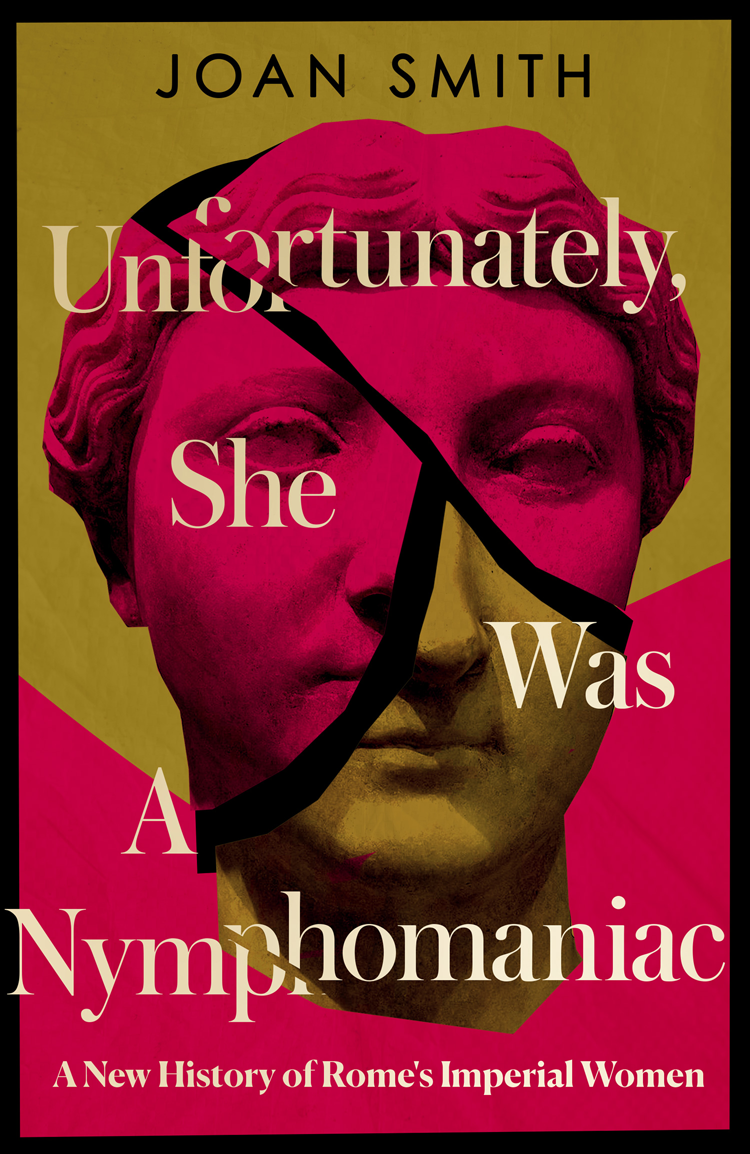

Most ebook files are in PDF format, so you can easily read them using various software such as Foxit Reader or directly on the Google Chrome browser.
Some ebook files are released by publishers in other formats such as .awz, .mobi, .epub, .fb2, etc. You may need to install specific software to read these formats on mobile/PC, such as Calibre.
Please read the tutorial at this link: https://ebookbell.com/faq
We offer FREE conversion to the popular formats you request; however, this may take some time. Therefore, right after payment, please email us, and we will try to provide the service as quickly as possible.
For some exceptional file formats or broken links (if any), please refrain from opening any disputes. Instead, email us first, and we will try to assist within a maximum of 6 hours.
EbookBell Team

4.1
10 reviews'In her hands, ancient history becomes a vivid avenue of approach to a burning modern-world concern… a powerful and important book' Daily Telegraph
A superb and illuminating history of Imperial Rome's most important women – dispelling the myths and misogyny that have distorted their reputations for over 2000 years.
Writer, activist and journalist Joan Smith has worked for years to raise awareness of violence against women and girls, and has been instrumental in bringing the innate misogyny of the police to public attention. Unfortunately, She Was a Nymphomaniac reinterprets the bloody, violent story of twenty-three women closely associated with the Julio-Claudian emperors of Rome. Fewer than half a dozen of them can be said with any confidence to have died of natural causes.
These were the wives, mothers and daughters of the emperors from Augustus to Nero, via their ‘mad’ relative Caligula. They were the most privileged women of their time, but their lives were overshadowed, dominated and controlled by these men. Raped, killed, ripped apart from their children and mostly airbrushed from history, Joan Smith brings their extraordinary and tragic stories back into focus. There are no nymphomaniacs here.
Instead, the book pieces together the human stories, showing how they struggled for control of their lives at a time when both the law and culture were stacked against them. These women shared in a spirited, inspiring and sometimes reckless resistance to male authority.
Smith brings to this history not only a fresh interpretation of the original texts but also an understanding of what we know now about the mechanics of domestic abuse. The way these women have been misrepresented for two thousand years speaks volumes not just about ancient misogyny but the origin and persistence of attitudes that continue to blight women’s lives today.